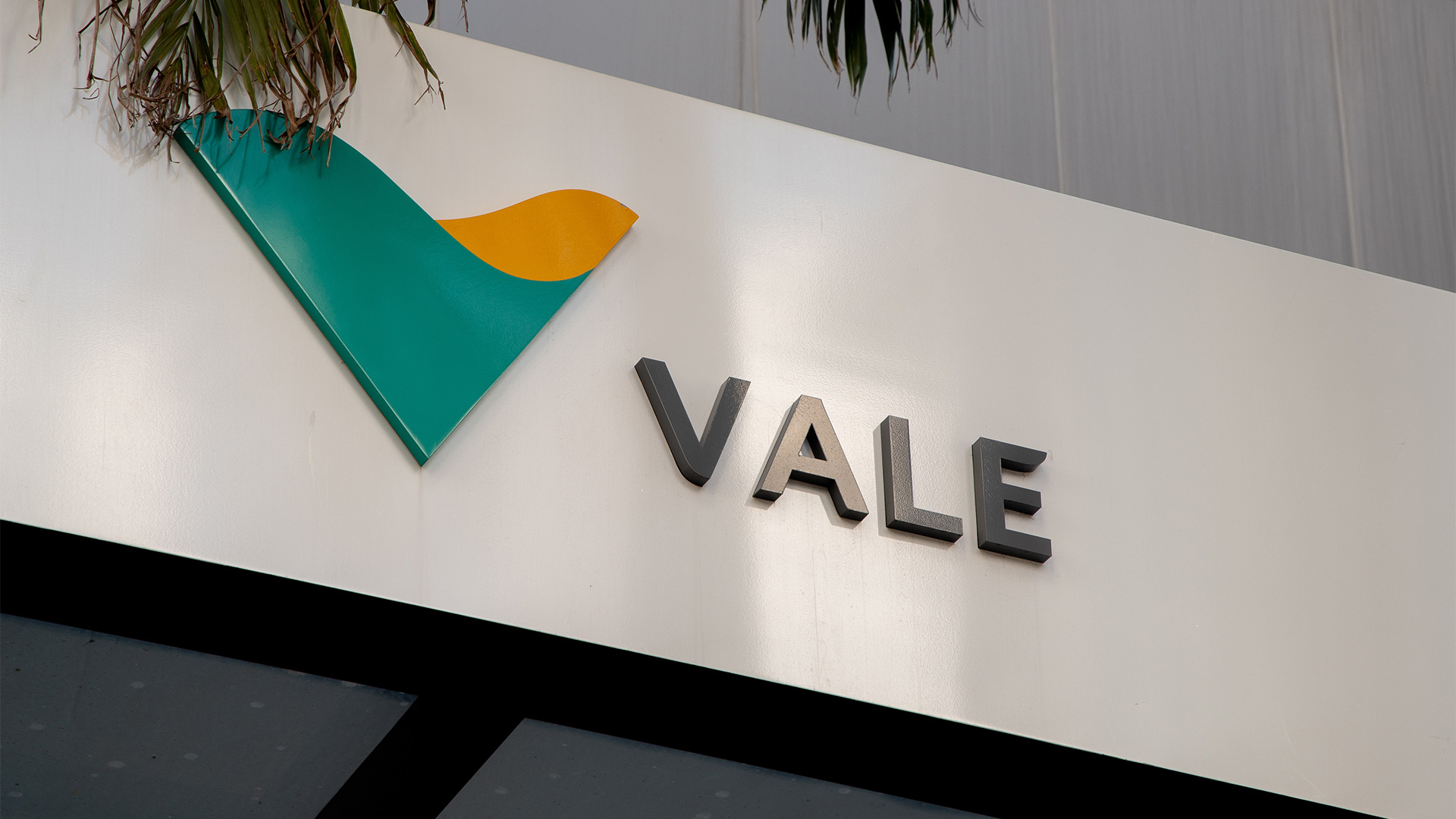The National Australia Bank reckons the Reserve Bank has two more rate rises left in it to take the cash rate to 4.6% from the 4.1% rate set in last Tuesday’s surprise rise.
But that might be a bit too much, if the NAB’s own monthly business survey for May is any guide with news that activity and conditions are now following business confidence in a gathering slide.
And the weak results in the May business survey have prompted the NAB’s chief economist, Alan Oster to warn that “there is a growing risk that the RBA’s attempts to maintain an even keel (could) ‘run aground’.”
He said that the easing in business conditions is accelerating and forward orders falling sharply while confidence is getting weaker.
But in a separate monetary policy update issued yesterday, NAB economists said that “While inflation has clearly peaked, and we (like the RBA) see inflation returning to the band by 2025, the extended period of inflation above target amidst a tight labour market poses the risk of stronger wage and price expectations becoming embedded.”
“Taking rates to 4.6% will weigh more heavily on growth and we have revised down our expectations for growth over 2023 to just 0.5% and pulled back expectations for 2024 to around 0.9%.
That sees unemployment rise more quickly and reach 5.0% by end 2024, the NAB economists wrote on Tuesday.
But the bank’s own business survey for May paints a picture of a business sector facing a rapid decline which if it continues could see a recession emerge more quickly than anyone thinks.
“Business conditions continued to ease in May with notable declines across the trading, profitability, and employment sub-components. The fall in conditions now appears to be accelerating, and while they remain a touch above their long-run average they are well below the levels we saw in early 2023.”
“Confidence fell to -4 index points in the month and has tracked at or below 0 since February – with most industries now in negative territory. Forward orders fell sharply and if sustained will likely see a further sharp slowing in demand,” The NAB said in the survey commentary.
“This is particularly evident in the consumer sector, where forward orders in both retail and wholesale fell very sharply and are now the weakest of all industries. That said, while activity is now clearly slowing, capacity utilisation remains well above pre-pandemic levels and has shown little signs of a pullback to date.
“This has been reflected on the cost side where both input and output price growth continue to track at a high rate.”
Contrast that commentary to the remarks in the bank’s April survey:
“Business conditions continued to ease in April but remained elevated, reflecting the enduring resilience of demand and a strong labour market. Trading conditions were lower but at +20 index points remain at a very high level, and the employment index has stabilised well above its historical average.
“Confidence, by contrast, is now mired below average (albeit it has also stabilised in recent months) suggesting firms expect the recent period of resilience to fade.”
Np sign of that resilience now in business conditions and NAB chief economist, Alan Oster said in his Tuesday release:
“Business conditions recorded a solid decline in May, and it appears the gradual easing we have seen through early 2023 appears to be strengthening.”
“That said, conditions remain above average reflecting just how strong the economy was through 2022.”
According to Mr Oster “the forward orders measure typically leads business conditions and historically has been the best measure of economic activity”.
“If orders persist at these levels we could well see ongoing sharp falls in business conditions, highlighting the risks around economic growth through the middle of this year.”













